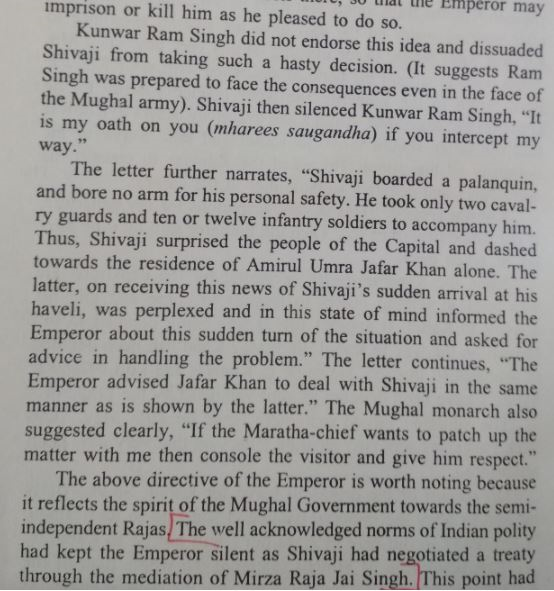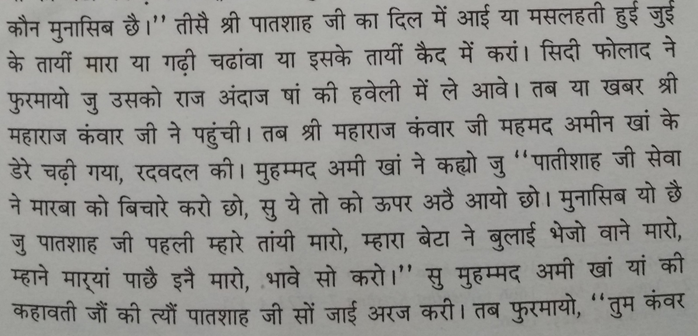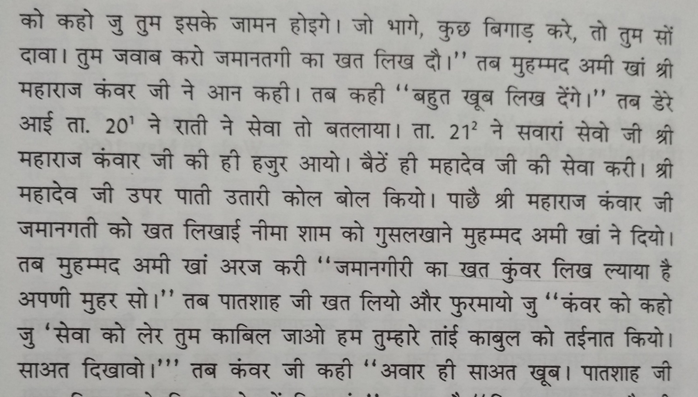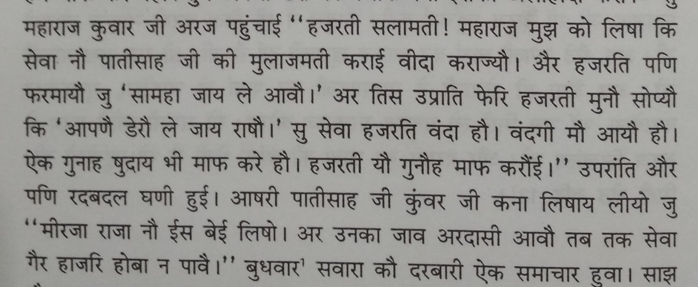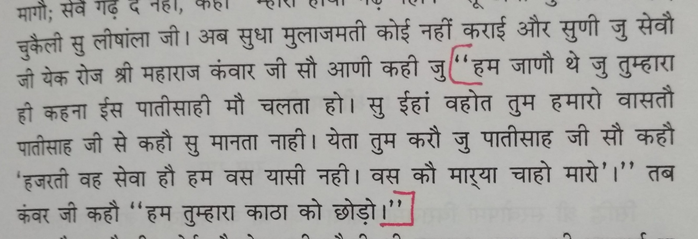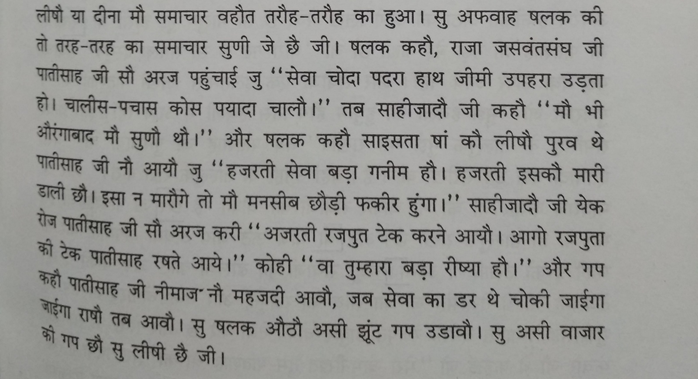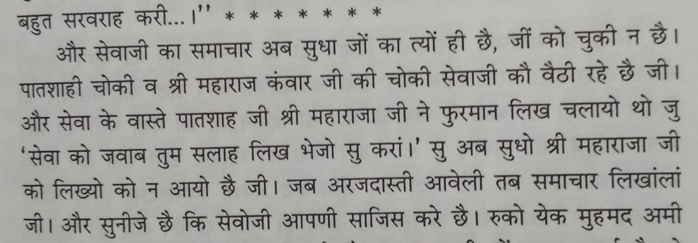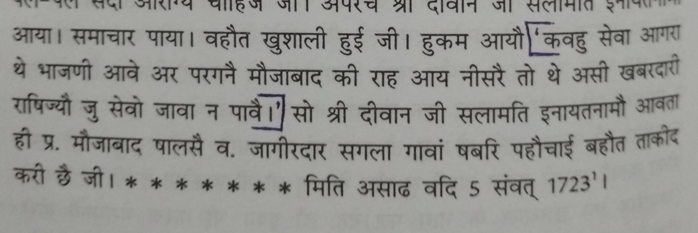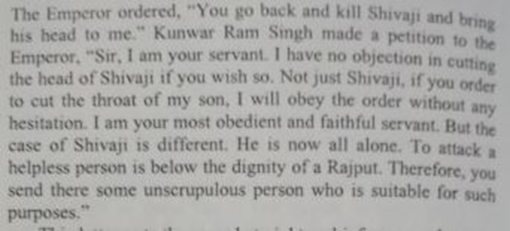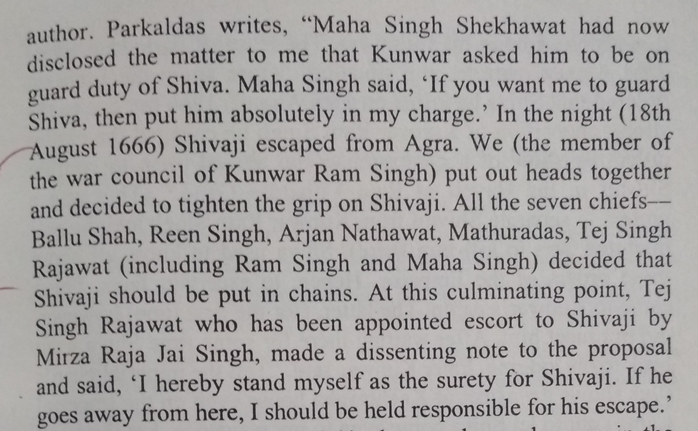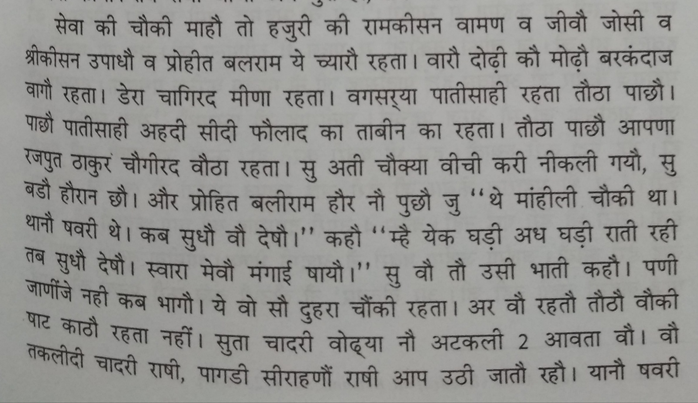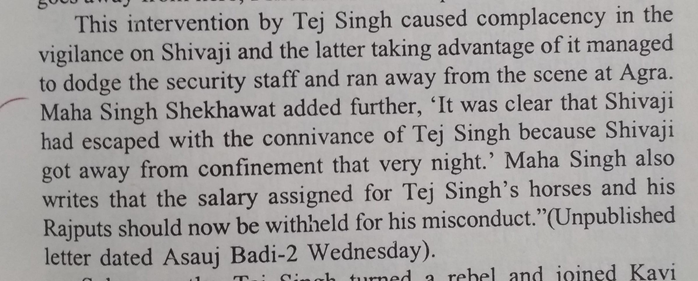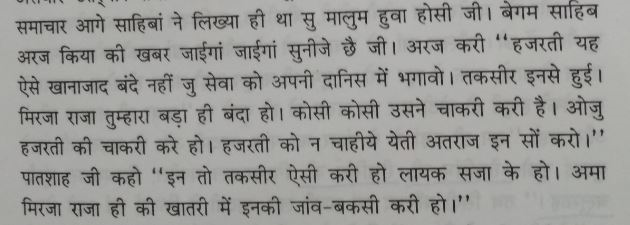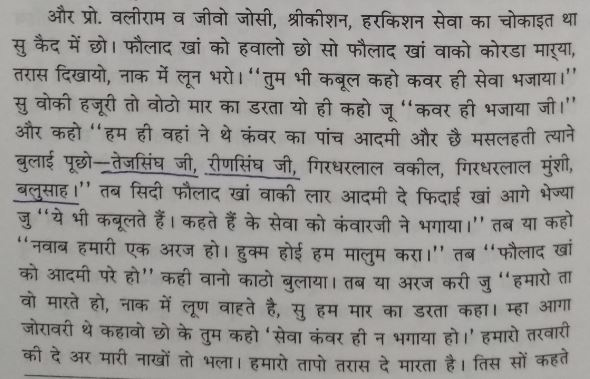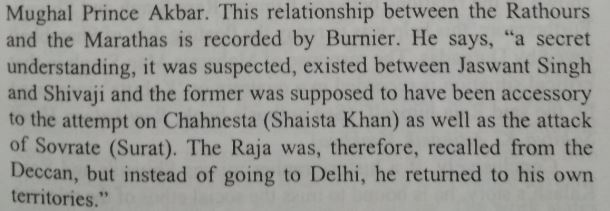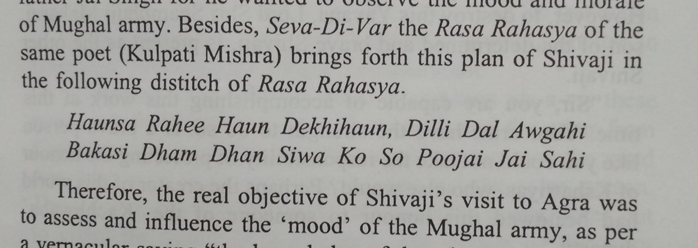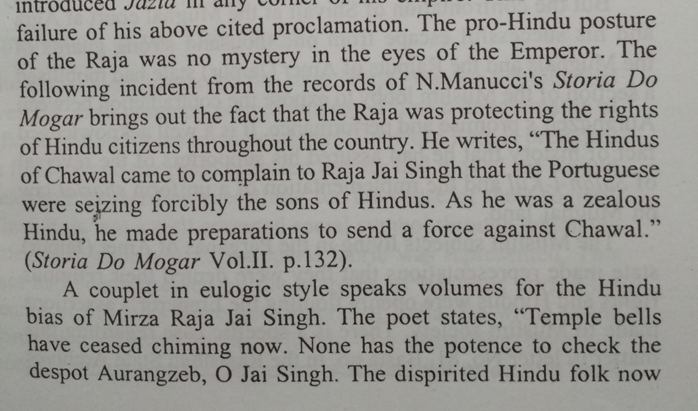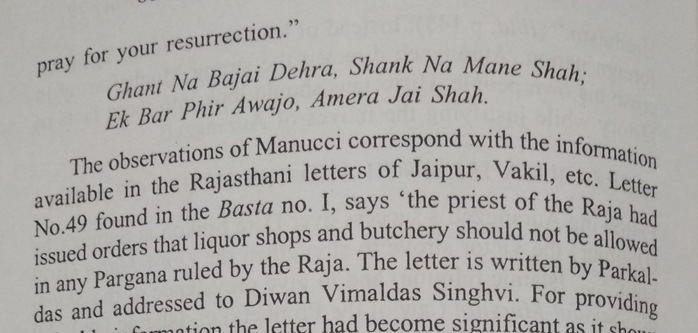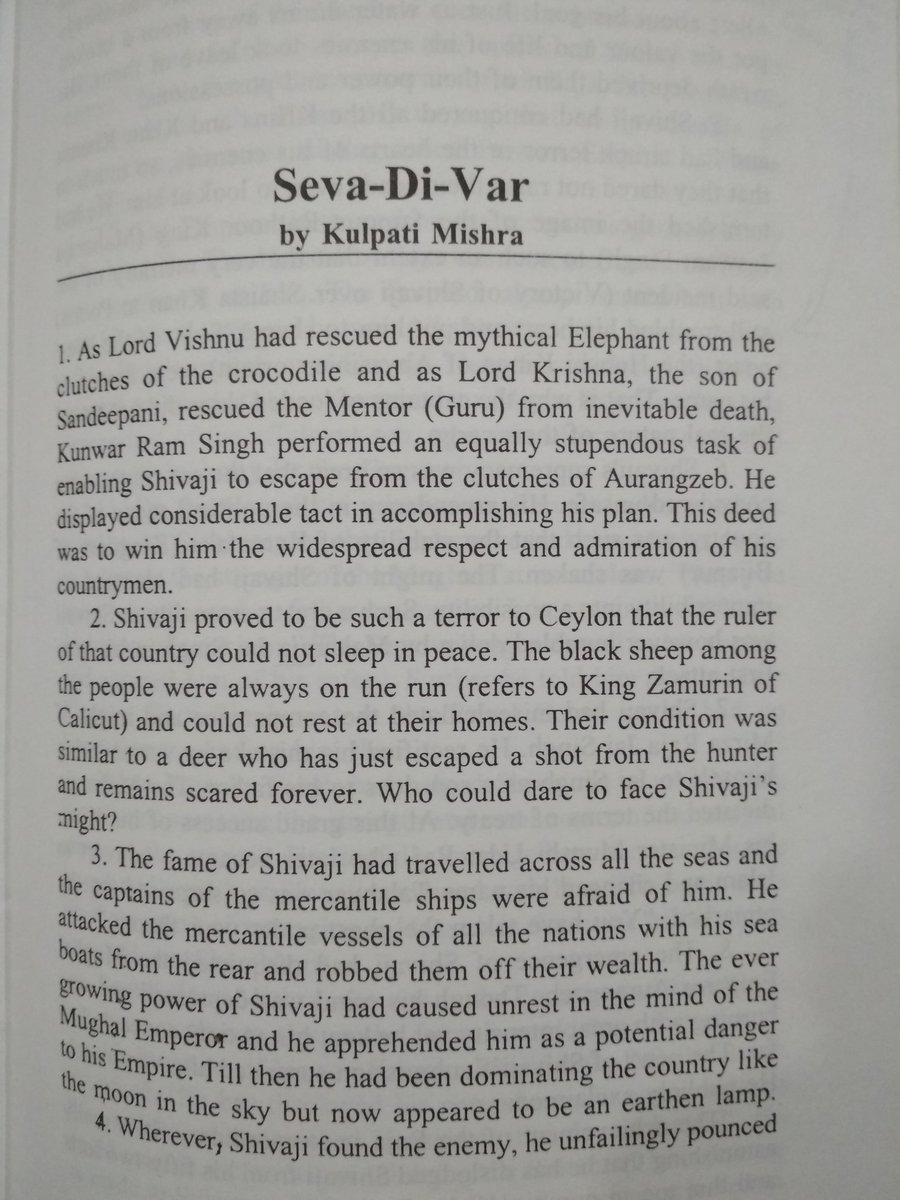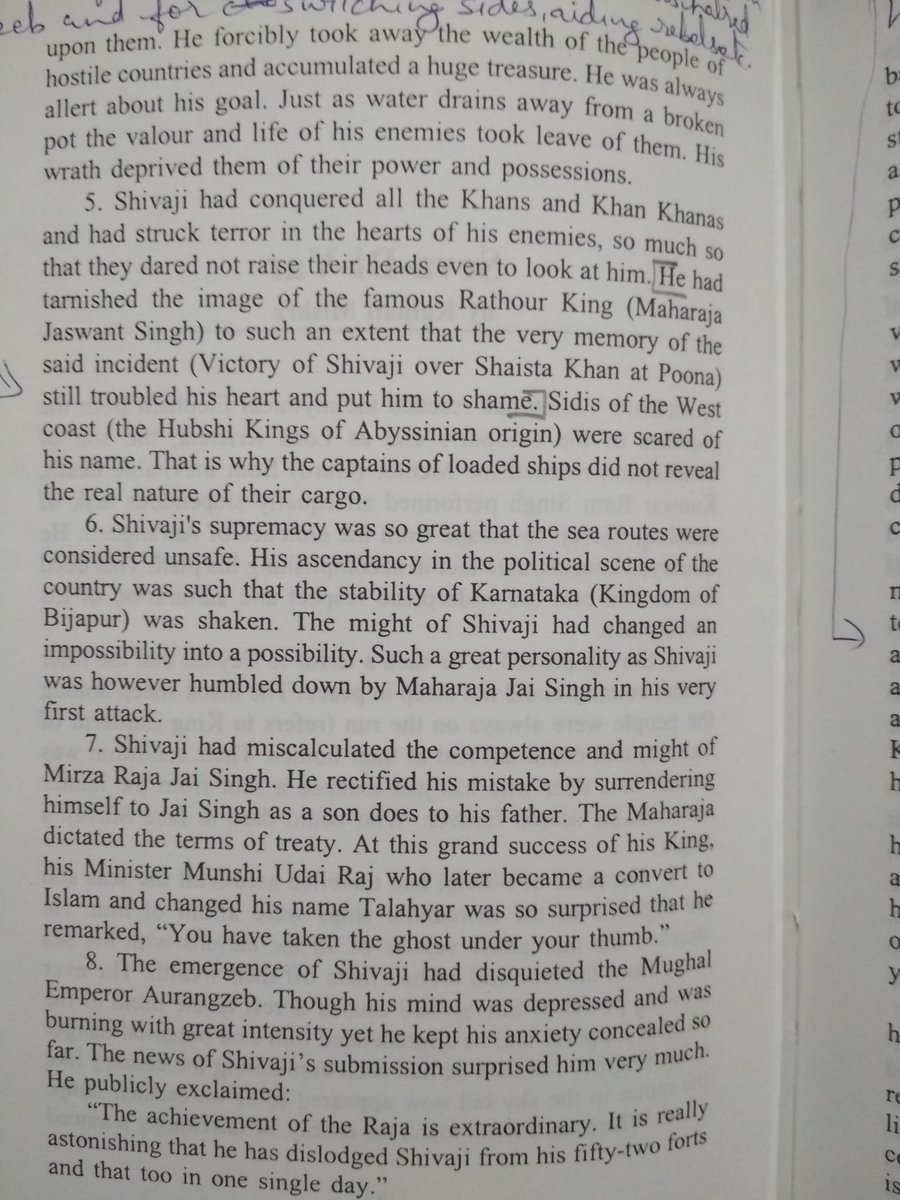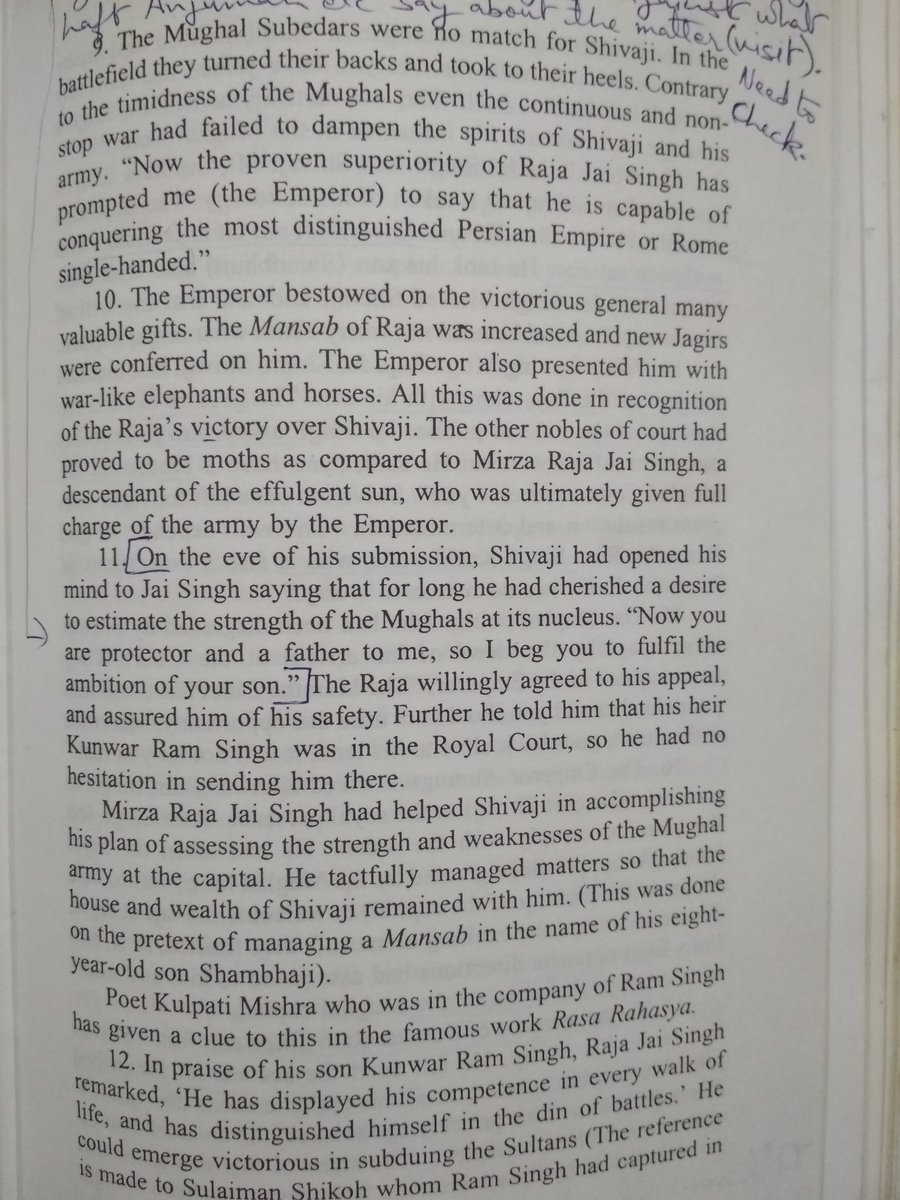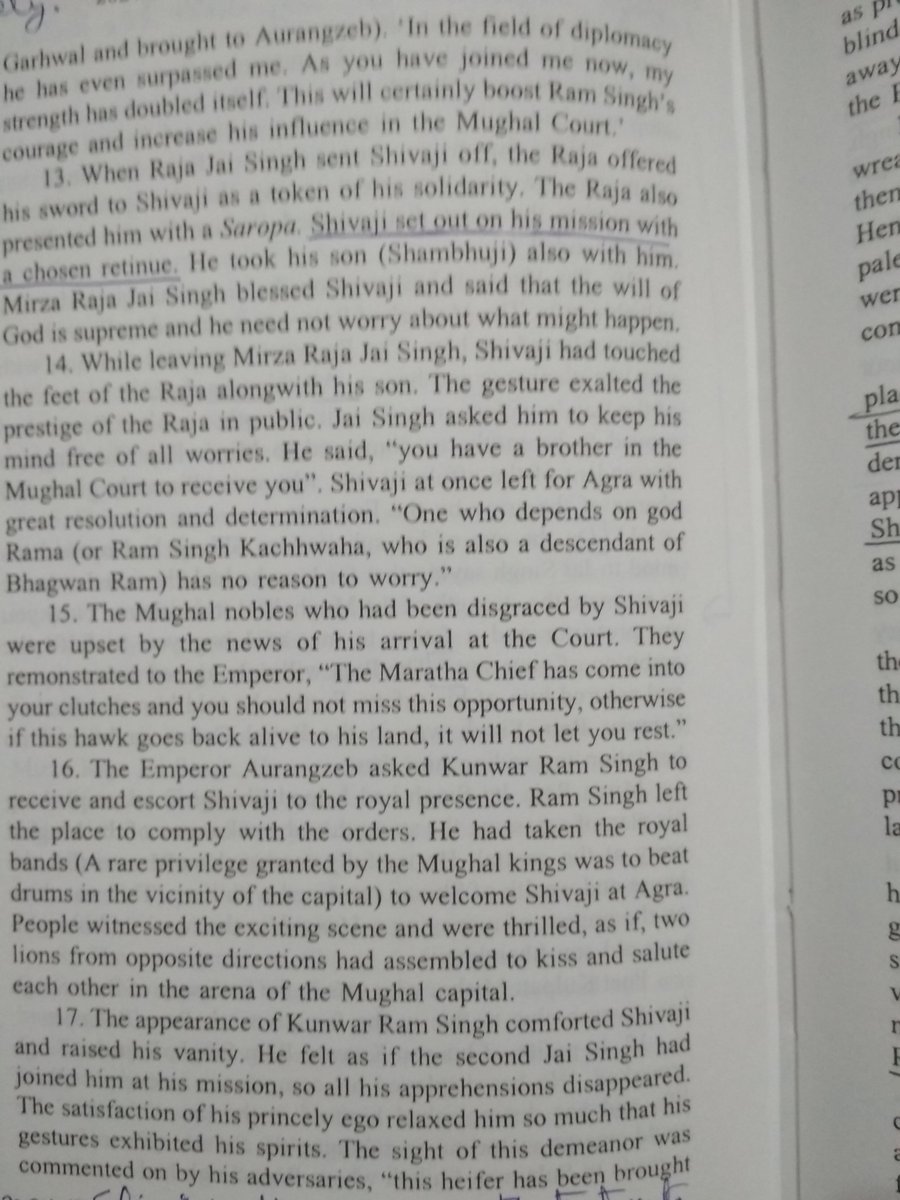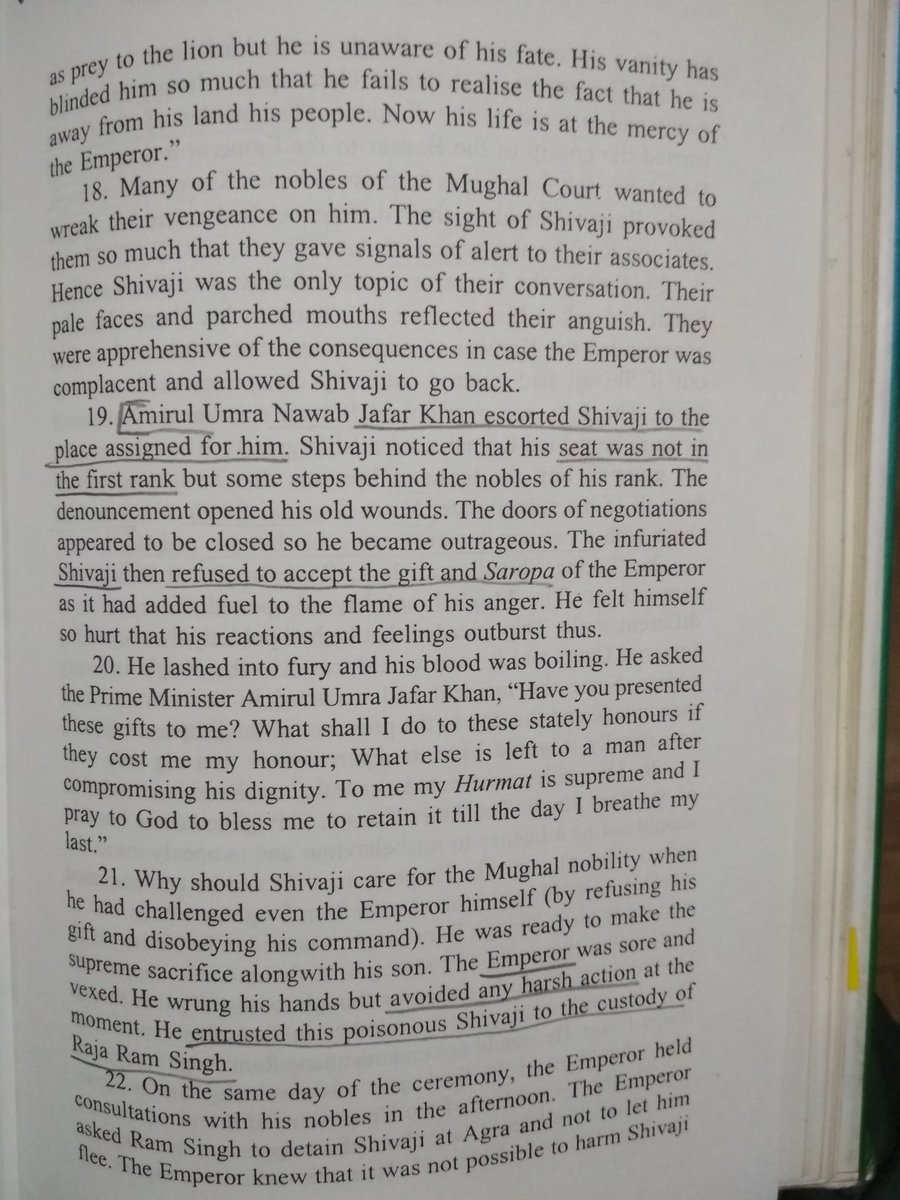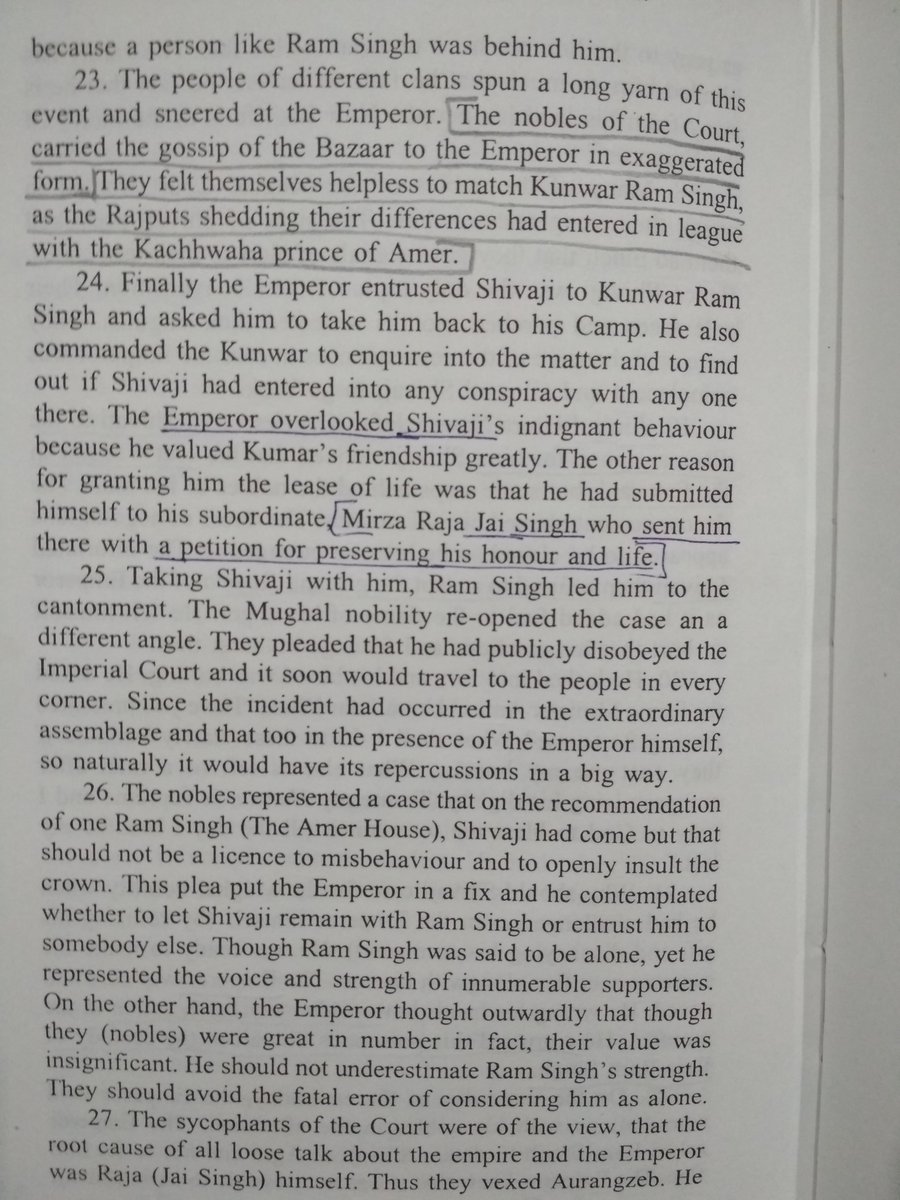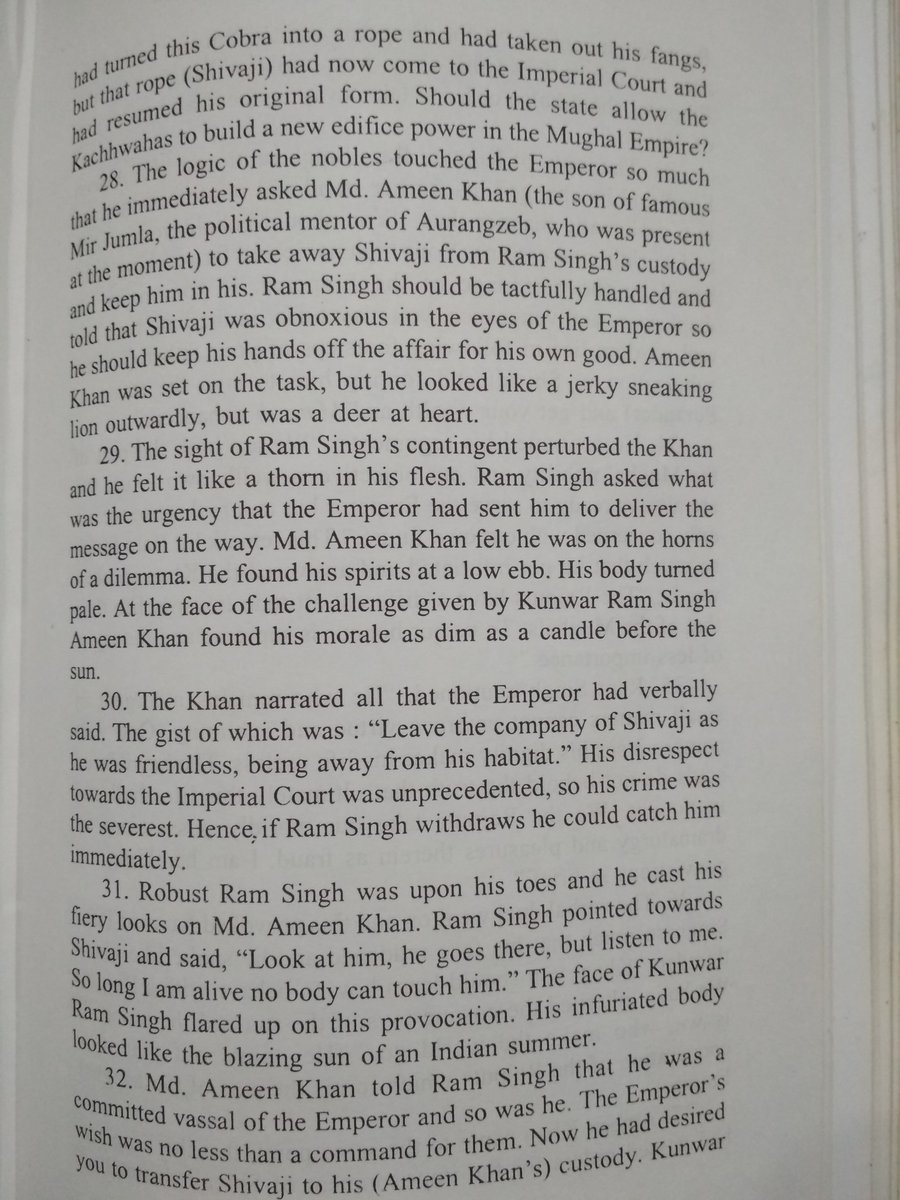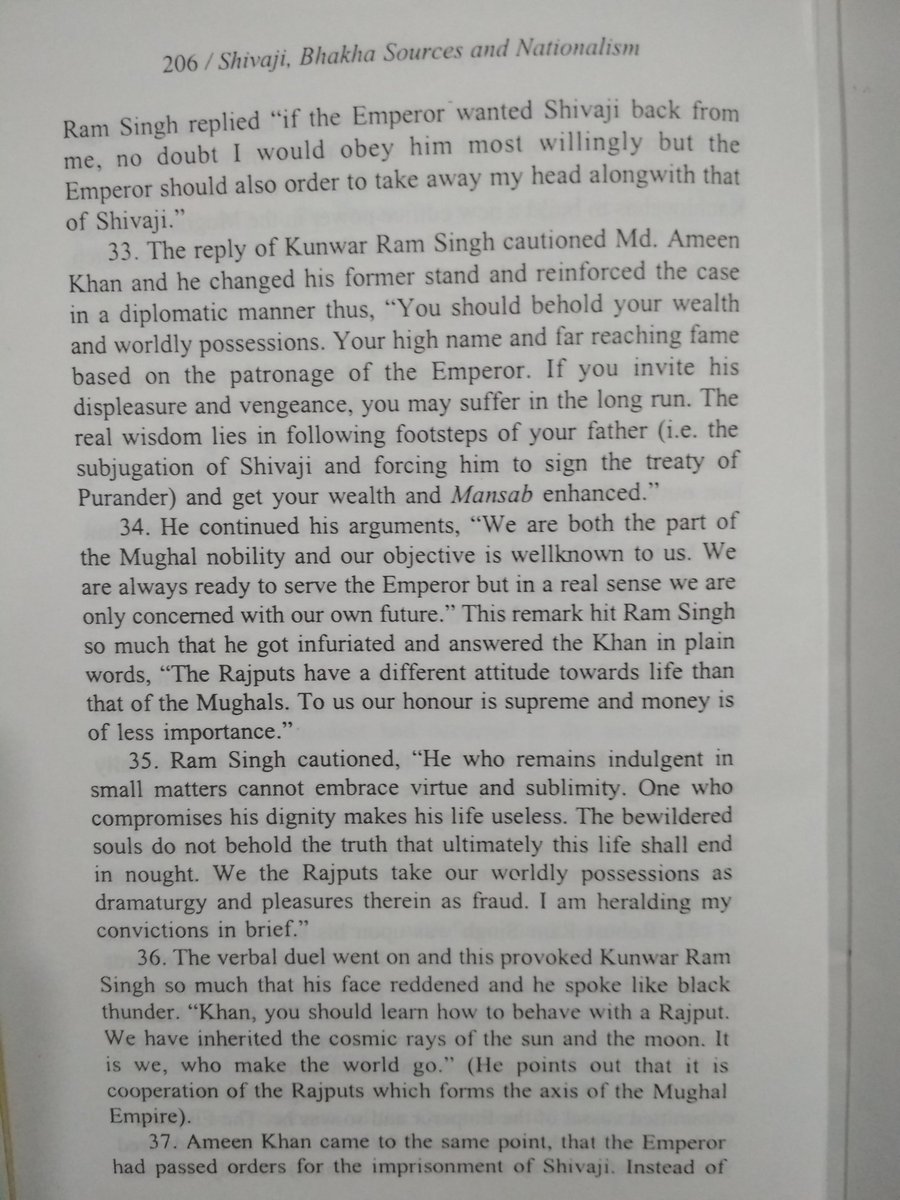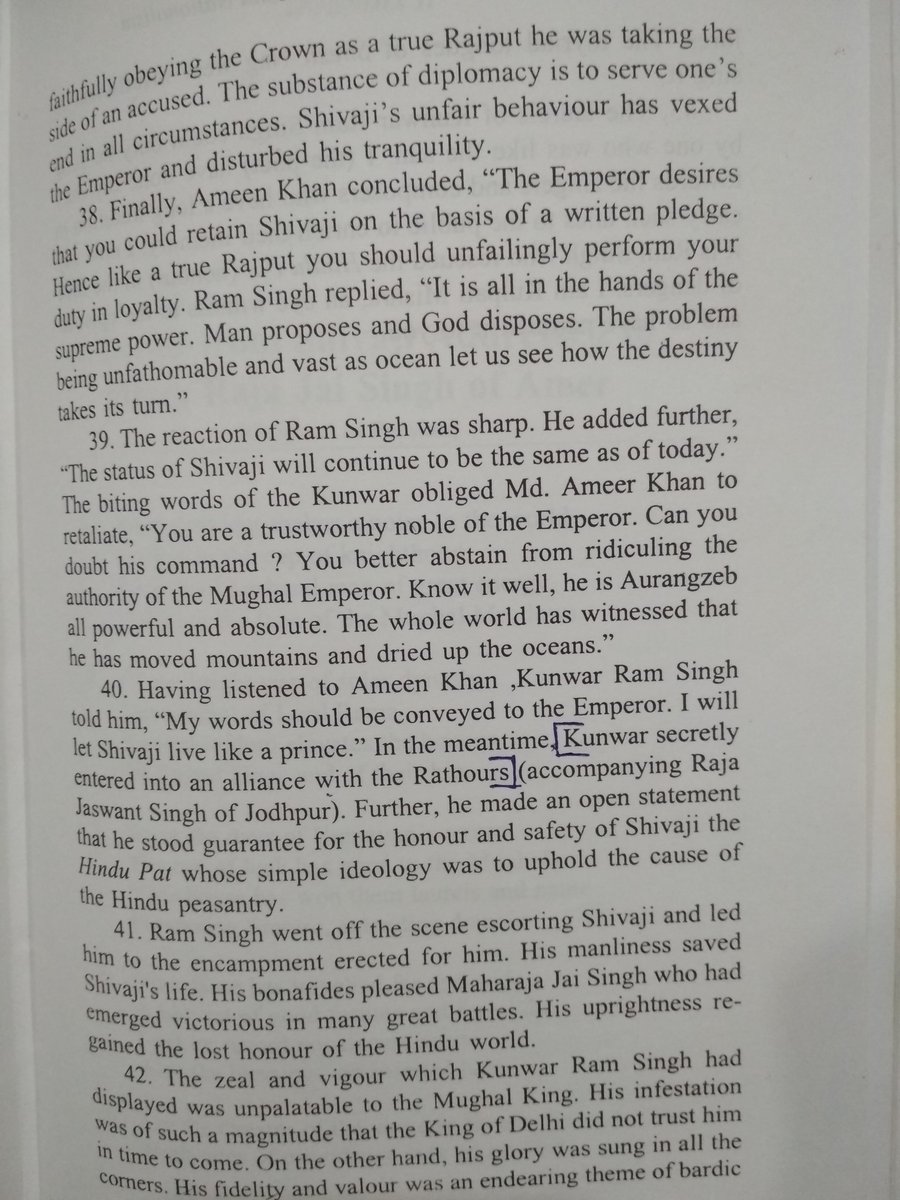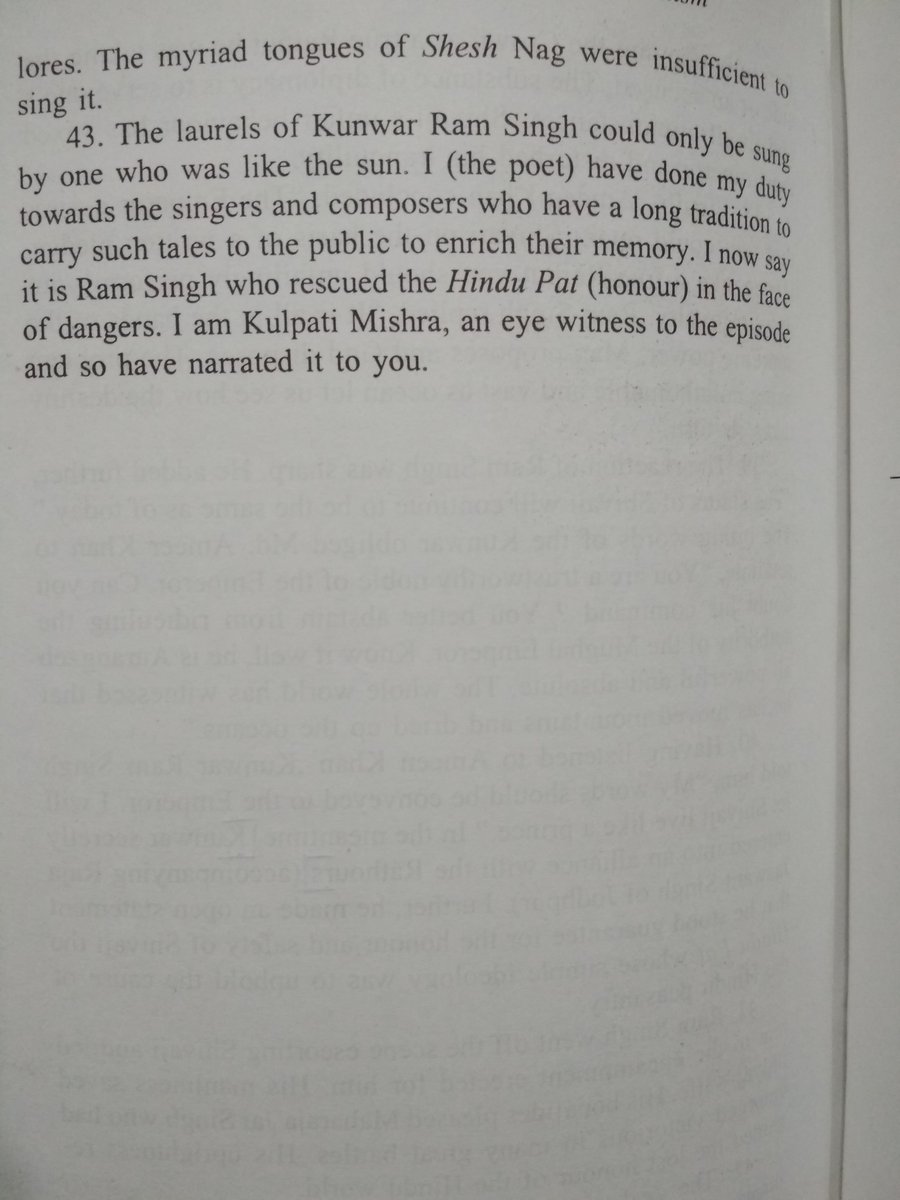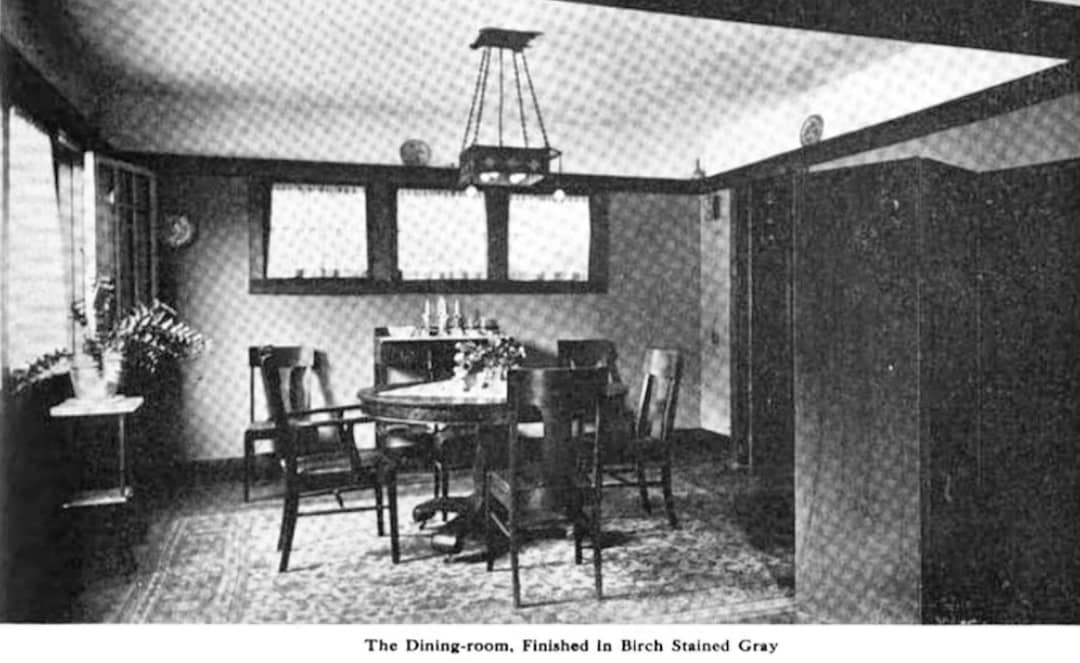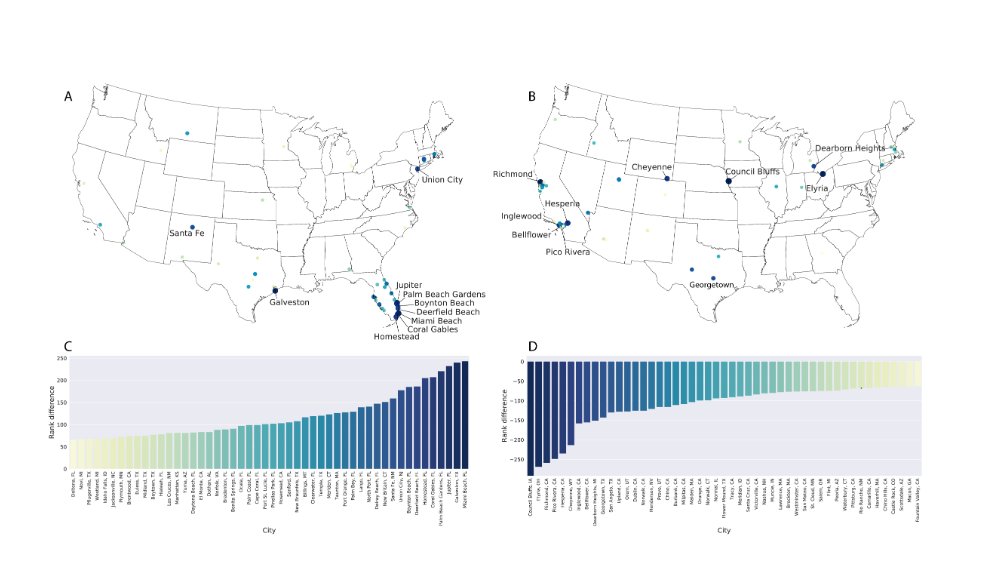Aurangzeb – The reigning Mughal Emperor also known as Alamgir. He also was in Agra for most time.
Ram Singh– son of Jai Singh who was deputed in Agra.
Diler Khan– Ruhilla chief & a Mughal General of Pashtun origin; friendly to Jai Singh but anti-Shivaji.
Muhammed Amin Khan – The grand vizier i.e. the head of bureaucracy in Mughal government (like Home Minister)
Sidi Faulad/Fauladi Khan - Kotwal of Agra (like SP or Commissioner).
After warding off efforts of Shaista Khan, prince Muazzam & Jaswant Singh. Shivaji had to enter a treaty with Aurangzeb’s then Commander, Maharaja Jai Singh. Latter had gradually gained upper hand by numerous strategic moves that we'll skip to prevent derailment.
Thereafter, as per terms of the treaty, Shivaji & his army had also been fighting alongside Jai Singh for Mughals; against the Bijapur Sultanate in Deccan.
We know that many historians have dwelt in the matter of Shivaji's escape from Agra. Some, including Sardesai have even theorised support from Ram Singh.
1) Rajasthani letters written between officers of Amber kingdom, mostly its bureaucracy. These men were scattered in places like Burhanpur, Amber & Agra.
Many of us, scholars & commoners alike; for historiography we tend to discard literature that is in poetic vein.
twitter.com/i/events/10765…
On May 10th 1666 A.D. Shivaji arrived in Agra, received by Ram Singh. I will skip the part of what happened on that fateful day (May 12th 1666 A.D.) in Mughal darbar when Shivaji stormed out of it. Because that is common knowledge.
The blunt response was enough to piss Aurangzeb off. The delicate truce that Jai Singh had woven between both sides via Purandar treaty, was shattered by events of May 12th.
Angry Aurangzeb now ordered Sidi Faulad Khan to kill Shivaji.
1)It was Jai Singh who negotiated with Shivaji.
2)Shivaji had submitted to Jai Singh, his subordinate.
3)Reason for Shivaji's visit was to keep him away in north, as in deccan per Jai Singh the situation was volatile.
Amber officers were waiting with all hopes on Jai Singh's letter now, for a solution in this deadlock.
But overall the Amber camp was in disarray.
Ram Singh went to meet Aurangzeb.
So, escaping from such a cordon would certainly require help - a) on ground & b) from reliable people available there.
So, in such an environment. Shivaji escaping without help is impossible & it can't be a high-ranking Mughal. That leaves us with only one candidate party - hindus who were posited in Agra & knew the city well.
Confusing reports flew all around on Shivaji– ‘He was found here’. ‘No, he was seen there’. ‘Has reached Rajgarh’. ‘No, not yet’. Mughal intel in Deccan wasn’t up to the mark.
Sometime in October end or November start, Shivaji wrote his first letter to Jai Singh since the escape.
Later Amber officials relayed from Agra in November that in a spy report, Aurangzeb has been told the following - "Shivaji had finally been sighted in Rajgarh.
Ram Singh was later pardoned on March 23rd 1667 A.D. after efforts of Jaswant Singh right, before leaving for Kabul again.
One man with young son escapes from a cordon of 1000 men undetected.
•The stability advocate bureaucracy just wanted Amber's interests secured at any cost, by avoiding any deterioration in Agra-Amber relations whatsoever.
I hope we can segregate clearly now, who helped in saving Shivaji’s life & who helped in his escape.
a) buying precious, threatened manuscripts from Deccani Brahmins &
b) taking temple idols away pre-emptively. Both were sent & preserved per his orders in the Bikaner fort.
Another case is of Madhoji Bhonsle II aka Appaji the Maratha king of Nagpur who fought against British.
3) Kachwaha royals had to pay the steepest price (life), yet they honoured a Rajput's word in defending the life & honour of Shivaji.
Best case - Aurangzeb was pissed off with Shivaji's growing popularity, market gossip & pressure from nobles to act tough. He wanted to throw Shivaji away from popularity of Agra, but still under his watch.
I believe it was the latter. His trying repeatedly to put Radandaz Khan in proximity to Shivaji gives it out.











